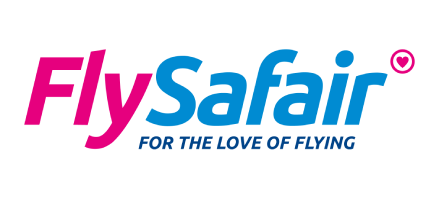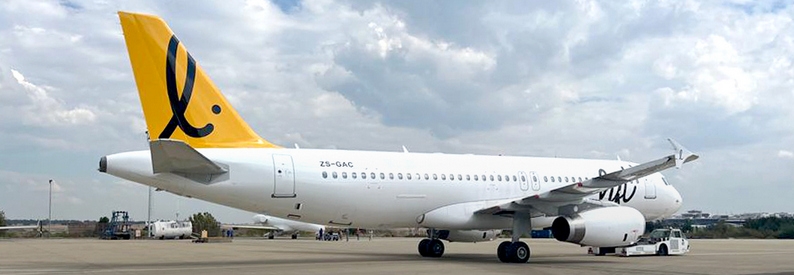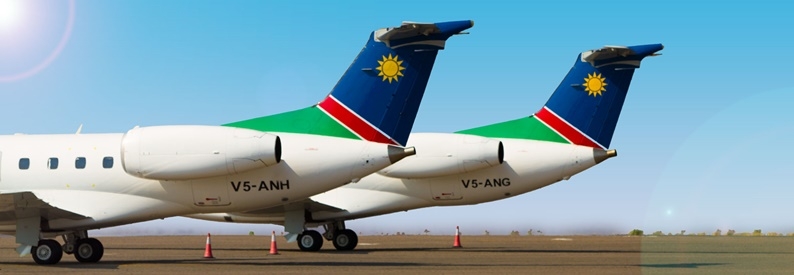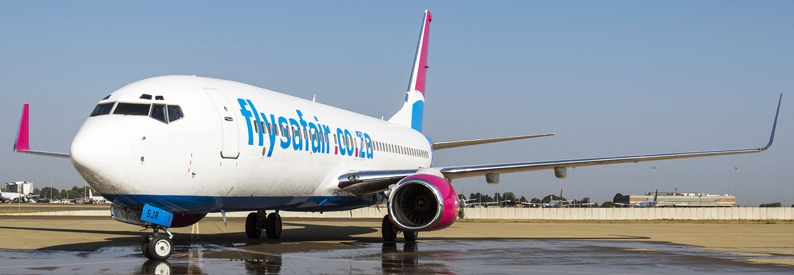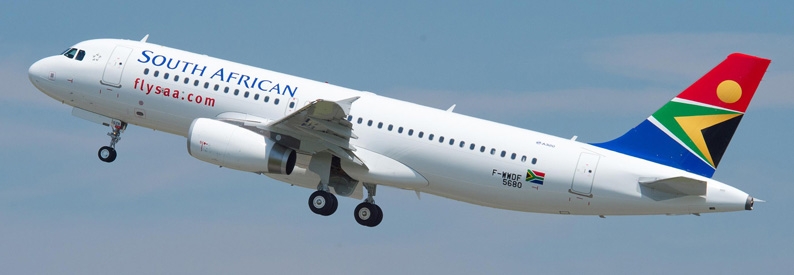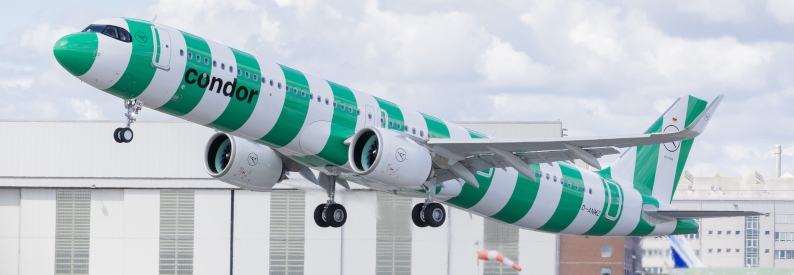South African low-cost carrier FlySafair (FA, Johannesburg O.R. Tambo) has secured an urgent court interdict overturning a January 2026 deadline to fix its ownership structure, allowing time for a court to hear its challenge against a ruling that it breached local ownership rules, reports News24.
The Gauteng High Court in Pretoria on October 7 set aside the deadline imposed in February by the domestic Air Services Licensing Council (ASLC), which in December 2024 found that Safair Holdings, FlySafair’s parent company, was non-compliant with legal requirements that at least 75% of a domestic airline’s voting rights be held by natural persons who are citizens and residents of South Africa.
The ASLC’s decision followed formal complaints from rival carriers Airlink (South Africa) and Lift Airlines operator Global Aviation Operations. An investigation concluded that Safair’s arrangement - where Irish-based ASL Aviation Holdings's 49.86% stake is vested in a South African trust - did not meet the legal standard. Safair maintains that the trust is controlled by local residents and that it is, therefore, compliant.
However, according to the regulator, ASL Aviation Holdings ultimately holds 74.86% in Safair through Safair Investment Holdings, including the share in the Safair Investment Trust.
The council gave the airline 12 months to amend its structure or risk losing its domestic licence, but Safair has lodged a legal challenge against the sanction. In a statement to News24, the airline said a hearing date was yet to be confirmed for the review process, which is likely to happen only after the January 2026 deadline. The interdict effectively pauses the ASLC’s sanction until the review is heard.
FlySafair declined to comment when approached by ch-aviation.
In a parallel process, South Africa's International Air Services Licencing Council, which oversees the allocation of international licences, came to a similar conclusion on FlySafair's foreign ownership structure in a finding in October 2024, but has yet to announce any sanctions against the airline. International licencees must have a "substantial" local shareholding and "active" and "effective control of the international air service" for international operations.
- Type
- Base
- Destinations
- Routes
- Daily Flights
